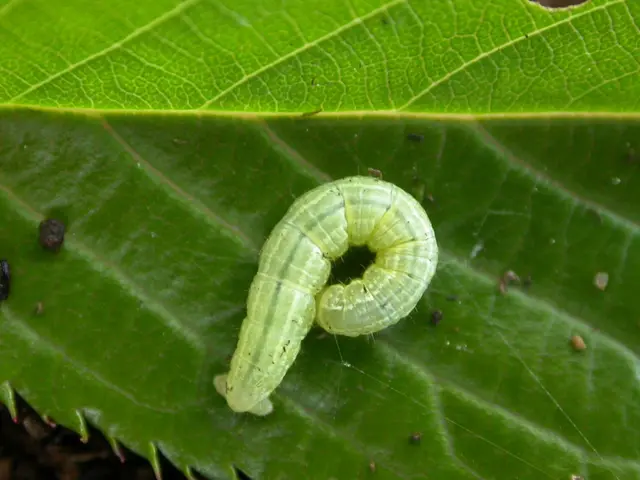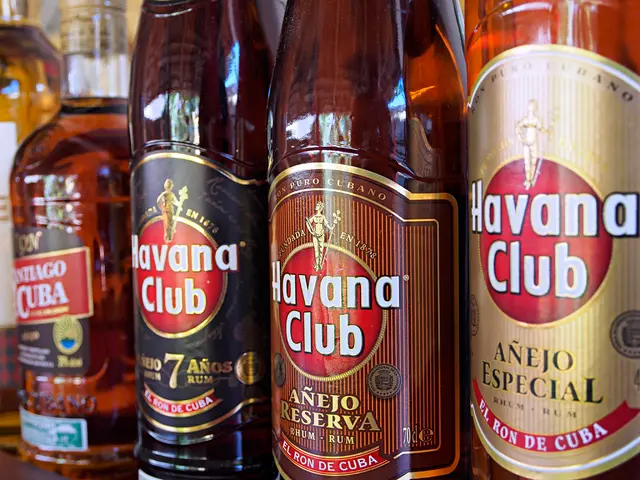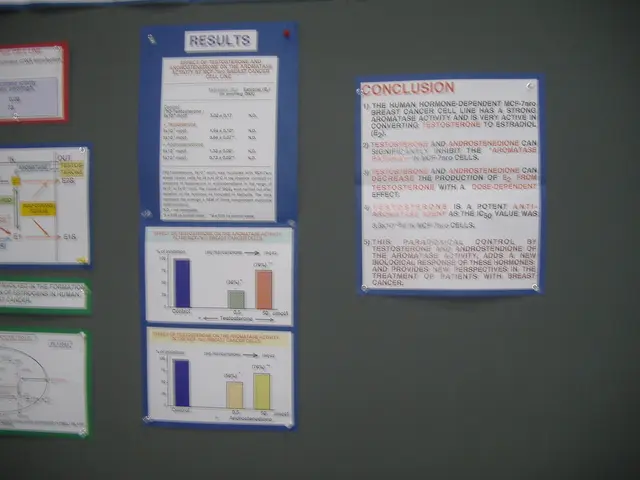Exploring the Possibility of Coffee Consumption in Reducing Colorectal Cancer Risk
New Study Suggests Coffee Consumption May Lower Risk of Colorectal and Bowel Cancer
According to the World Cancer Research Fund (WCRF), recent research indicates a potential association between drinking coffee and a decreased risk of colorectal and bowel cancer.
A study published in the International Journal of Cancer found that patients with colorectal cancer who consumed four cups of coffee daily had a 32% lower risk of cancer recurrence. The research was based on 1,719 participants with colorectal cancer in stages 1 through 3.
The study suggests that coffee consumption could contribute to these outcomes by:
- decreasing oxidative stress
- supporting gut bacteria
- hindering tumor growth
- aiding in the protection against nonalcoholic fatty liver disease
The WCRF also cites findings where coffee drinkers had a lower risk of colorectal cancer compared to non-coffee drinkers.
Intriguingly, the study observed differences between caffeinated and decaffeinated coffee. While caffeinated coffee showed an association with an increased risk of rectal cancer, no such link was found for colon cancer. According to the findings, it appears that the body metabolizes the two types of coffee differently.
Individuals can potentially reduce their risk of colorectal cancer through:
- regular physical activity
- a nutritious diet
- avoiding tobacco and alcohol use
Further research is needed to fully understand the relationship between coffee consumption and colorectal cancer risk. The potential benefits of coffee go beyond just cancer risk reduction, as it is also associated with improved liver function and reduced risk of type 2 diabetes.
According to other research:
- Coffee is discussed in the context of general cancer risk reduction, with some studies suggesting that coffee may help decrease the risk of certain cancers, including colorectal cancer.
- The potential mechanisms by which coffee consumption may lower cancer risk involve antioxidants and anti-inflammatory effects, as well as modulation of the gut microbiome and the direct anti-cancer effects of caffeine and other phytochemicals.
While coffee consumption may be beneficial, it's essential to remember that a balanced diet and healthy lifestyle are crucial for overall health and cancer prevention.
- The World Cancer Research Fund (WCRF) suggests that coffee consumption could potentially lower the risk of colorectal and bowel cancer.
- The study published in the International Journal of Cancer revealed that consuming four cups of coffee daily could decrease the risk of colorectal cancer recurrence by 32%.
- Coffee consumption may help reduce the risk of colorectal cancer through mechanisms like decreasing oxidative stress, supporting gut bacteria, hindering tumor growth, and aiding in the protection against nonalcoholic fatty liver disease.
- While research indicates that coffee may help decrease the risk of colorectal cancer, a balanced diet, regular exercise, and avoidance of tobacco and alcohol are also crucial for overall health and cancer prevention.







